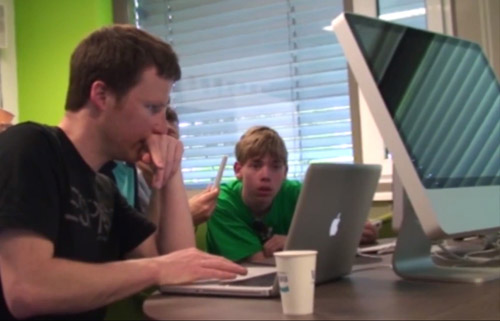
荷兰Wikiwijs计划的目标, 当它是由教育荷兰教育部推出, 文化和科学五年前, 是主流使用开放教育资源 (“开放式教育资源”) through an Internet-based portal. The Wikiwijs program enables all teachers in the Netherlands education system (主, 中专及以上学历) 搜索, 发现, 创建, 开发和共享各种形式的多媒体学习资料. 该计划, 作为当前项目负责人罗伯特·Schuwer最近向我解释, has two components. The first enables teachers to find and access resources from educational and cultural institutions. The second component is open education resources (“开放式教育资源”) available under creative commons licenses where the sources of those resources are the teachers themselves. 因此,, Dutch teachers are able to share their learning examples and best practices with their colleagues around the country. I asked Robert Schuwer, 副教授开放大学荷兰Wikiwijs方案和项目负责人, 洽谈成功和建设Wikiwijs成一个充满活力和持久的以社区为基础平台,让所有的荷兰教育工作者的持续挑战. Schuwer教授还特别兴趣小组OER的高等教育和提名委员会主席的开放课件联盟主席.
什么是Wikiwijs程序的优势和劣势?
我们现在有机构对教育管理的议程, including higher education. Some teachers in the Netherlands had already been creating their own materials and learning tools before Wikiwijs. They had been sharing these resources in small communities of known colleagues. 在Wikiwijs平台的优势在于,我们现在能够使所有的学习资料提供给所有教师在整个国家共享. Everyone can access the materials through one port of entry.
The weakness of the program is that teachers need extra time to properly develop and upload their independently created materials. Teachers have heavy workloads in the Netherlands, especially in primary and secondary education. They don’t always have time to create additional learning materials in such a way that they can be shared.
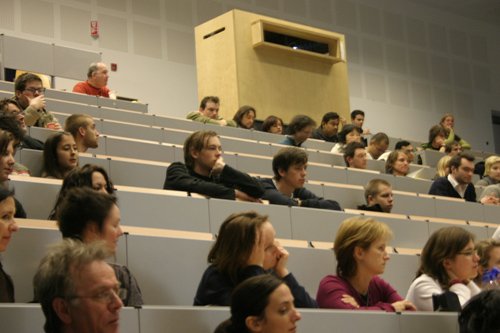
What about quality control? Can you just let teachers upload their programs without some kind of editing process?
Wikiwijs does not have an editorial board that checks materials uploaded by teachers. We have the opinion that teachers are the most capable to judge whether learning materials are of sufficient quality or not. What we do offer are opportunities for other users to add opinions about the materials such as ratings and reviews. 此外, we have introduced the concept of quality marks. An organization or a community that uses a quality model for its purposes can look at the materials it finds in Wikiwijs and when in accordance with its quality model, add a quality mark to it. 所以,, this whole system is built on trust. When you trust the other users or when you trust the group that adds quality marks, then you will trust the materials.
Could you comment on any issues you face related to classifying or cataloging materials so that they can be found easily?
For describing the learning materials (metadata), we use a LOM (learning object metadata) application profile that is the standard for Dutch education. One of the metadata elements is to describe what kind of learning materials it is (source of information, closed questions, open questions, manual, tool) and its level of aggregation (例如. lesson or series of lessons). Other mandatory metadata elements are title, description, intended end user (学生, 教师) and age range.
What are you doing to ensure teachers have more time to upload resources?
我们正努力创造开放式教育资源的优势,更多的认识. 例如, 熟悉教师 (教育家, 校长) with the value of these kinds of materials in terms of efficiency for education institutions and for all teachers in providing access to quality learning materials from other teachers nationwide. It could provide learning resources that are more up to date and materials that are helpful for specific target groups, 例如. gifted children.
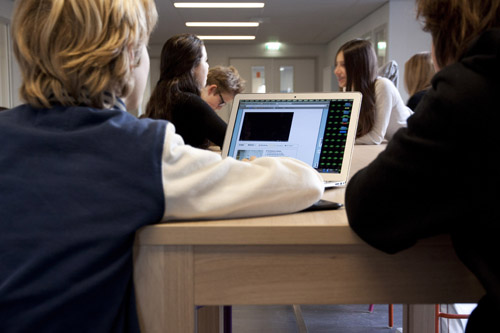
But you are still dependent on the teachers engaging with the program and uploading their independently created learning materials so these can be shared. Has that been easy?
是的, we are dependent on the management of those teachers. They have to provide the teachers with both the time and the resources to do this. 然而, we have had the on-going economic crisis. Since that occurred, there have been budget cuts in education in the Netherlands. Schools have to do more with less money. The benefits of what OER materials can do for teaching in this new situation is not their biggest priority.
What other programs like Wikiwijs have you been inspired by around the world?
I do not know of another example of a program that is doing this nationally for all education sectors, 即. 主, 中专及以上学历. In terms of community-based platforms for higher education, 我们看到梅洛 (多媒体教育资源学习和网上教学). We have looked at Connections from Rice University. We’ve also looked at the Belgium Klascement platform. These are all examples of communities of people sharing their learning materials with others.
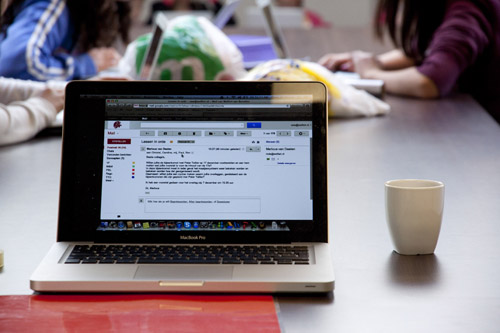
What feedback have you had from teachers who use the Wikiwijs program?
We get both positive and negative feedback. The positive feedback is that the teachers generally find what they are looking for. One of the components of the Wikiwijs platform that teachers like is a user friendly remix tool, which enables teachers to take the OERs they find and put them in a structure that enables them to create a new OER with other teachers.
当然, we also get negative feedback from teachers who don’t find what they are looking for or find something that has poor quality. Quality is naturally a very subjective thing. Teachers have the opportunity to rate and review materials on the site.
We also have teachers who tell us they have created learning materials that they believe should belong to them, so they are not willing to share. But I believe that something paid for by taxpayers should be available for everyone. 此外, there are schools that provide teachers with the proper resources to enable them to create learning materials, and I believe these learning examples should be shared with all teachers. That should not be for discussion.
Forward thinking — five or 10 从现在起十年 — what are your goals for Wikiwijs?
My long-term goal is that open educational resources should be the default choice. 换句话说, when someone is creating learning materials, it should be understood that they will be shared. We should have a process to ensure that. We should also have materials of better quality that can be shared with teachers. There is still a lot to be done.
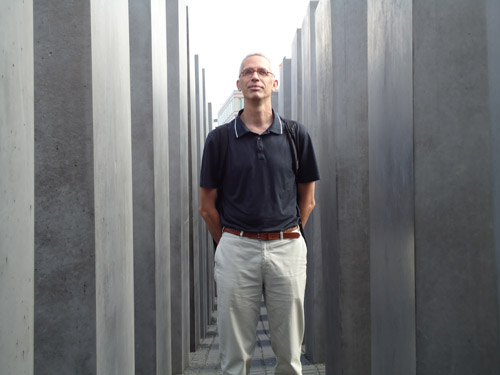
What’s the usage of Wikiwijs currently?
We are now in our fifth year; 在 2012 我们有 650,000 downloads from the Wikiwijs platform and we had approximately 1300 uploads directly to the platform. I do not know how many uploads there have been to other repositories that are harvested by Wikiwijs. I am pleased with the number of downloads but not as pleased with the uploads as I would like to see contributions be higher. That’s a problem that all community-sharing platforms have, including Wikipedia.
Teachers can learn so much from each other. It would be wonderful if all were able to share their knowledge with their peers. Am I simplifying it too much?
别, you are not. 然而, Wikiwijs itself needs to continue to improve its product, which it has done over the last four years. We use the feedback we get from teachers to improve the platform. 例如, when users share materials with Wikiwijs, we don’t always get feedback through the platform from other users. The majority is not using our features, so a lot of shared materials remain unrated.
When people come to the Wikiwijs platform, they need to feel it is a vibrant community, and we need to keep working on this. Other feedback we have received from teachers is that some kind of system which rewards teachers for doing things on the platform would be good. 举个例子, when a teacher is rating or reviewing learning materials, she/he can be recognized for this action with the use of badges. This would encourage more teachers to share and become part of the community. Those are things we must continue to work on.

Photos courtesy of the Wikiwijs program.
在全球寻找教育, 和我一样,全球知名的思想领袖,包括迈克尔·巴伯爵士 (英国), 何. 迈克尔座 (美国), 何. 莱昂特司特因 (美国), 克莱克里斯坦森教授 (美国), 何. 琳达·达林 - 哈蒙德 (美国), 何. 马达夫查万 (印度), 迈克尔·富兰教授 (加拿大), 霍华德·加德纳教授 (美国), 安迪·哈格里夫斯教授 (美国), 伊冯娜赫尔曼教授 (荷兰), 克里斯汀Helstad教授 (挪威), 让·亨德里克森 (美国), 玫瑰Hipkins教授 (新西兰), 科妮莉亚Hoogland教授 (加拿大), 这位杰夫·约翰逊 (加拿大), 太太. 尚塔尔考夫曼 (比利时), 何. Eija Kauppinen (芬兰), 国务秘书塔皮奥Kosunen (芬兰), 多米尼克·拉方丹教授 (比利时), 休·劳德教授 (英国), 本·莱文教授 (加拿大), 主肯麦克唐纳 (英国), 巴里McGaw教授 (澳大利亚), 希夫纳达尔 (印度), Ř教授. 纳塔拉詹 (印度), 何. 吴PAK (新加坡), 何. 丹尼斯教皇 (美国), 斯瑞达拉贾戈帕兰 (印度), 何. 黛安·拉维奇 (美国), 理查德·威尔逊·赖利 (美国), 肯·罗宾逊爵士 (英国), 帕西SAHLBERG教授 (芬兰), 安德烈亚斯·施莱歇 (PISA, 经合组织), 何. 安东尼·塞尔顿 (英国), 何. 大卫·谢弗 (美国), 何. 基尔斯滕都沉浸式 (挪威), 总理斯蒂芬·SPAHN (美国), 伊夫Theze (公立中学法语美国), 查尔斯Ungerleider教授 (加拿大), 托尼·瓦格纳教授 (美国), 大卫·沃森爵士 (英国), 迪伦Wiliam教授 (英国), 何. 马克沃莫尔德 (英国), 西奥Wubbels教授 (荷兰), 迈克尔·杨教授 (英国), 和张民选教授 (中国) 因为他们探索所有国家今天面临的大画面的教育问题. 全球搜索教育社区页面
ç. M. 鲁宾是两个广为传诵的在线系列,她接受了笔者 2011 厄普顿·辛克莱奖, “全球搜索教育” 和 “我们将如何阅读?” 她也是三本畅销书, 其中 真正的爱丽丝梦游仙境.


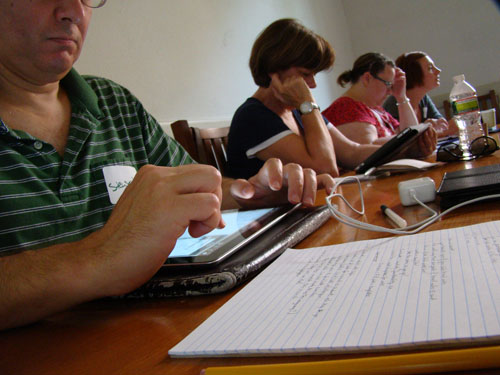
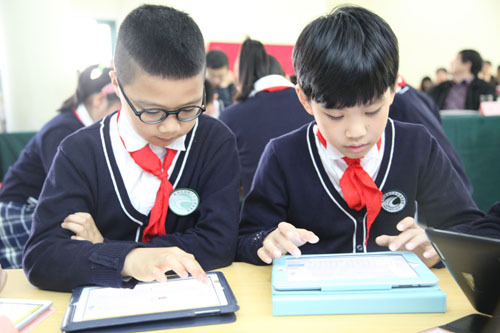
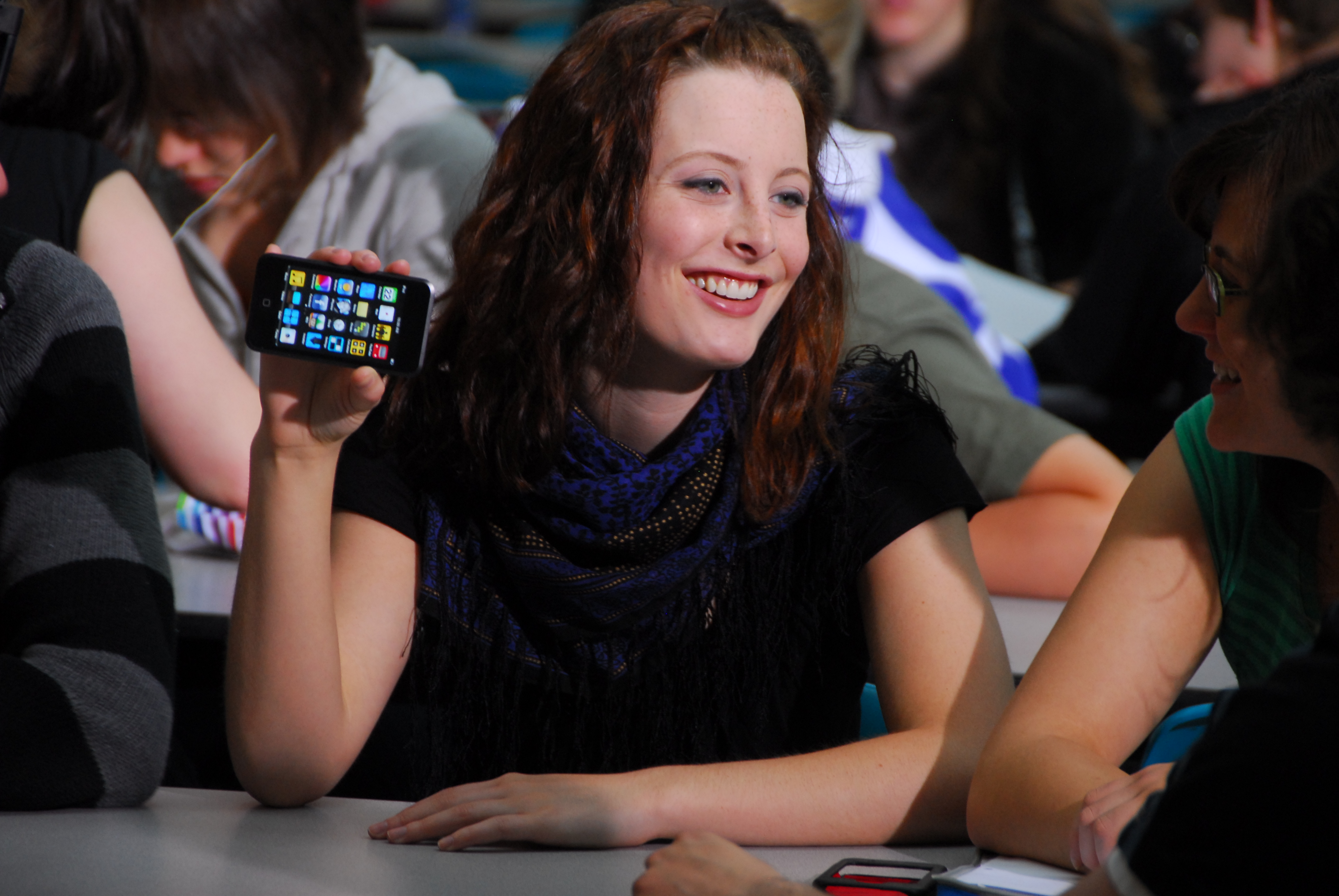
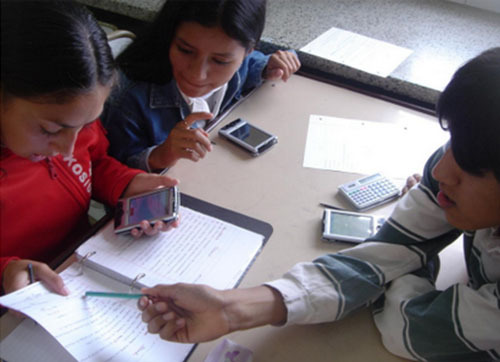
最新评论